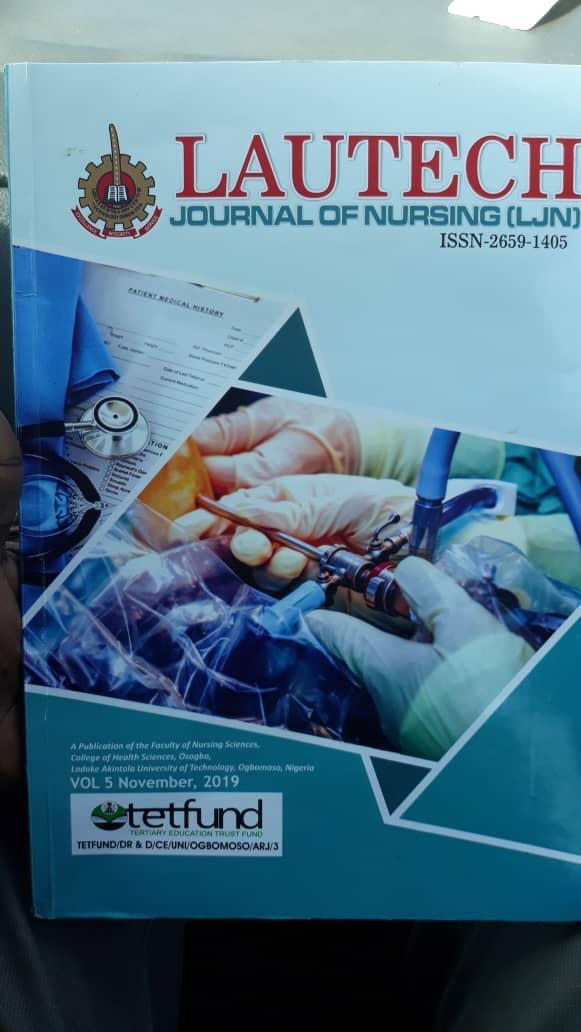Maternal mortality remains a public health concern in most developing countries, as 99% of all reported maternal deaths stem from such developing countries. Even with this growing concern, research has shown that women’s knowledge about pregnancy related self-care is insufficient. This study therefore assessed the outcome of a nurse-led educational programme on knowledge of self-care strategies during pregnancy. A non-equivalent control group quasi-experimental design was used, while a multistage sampling technique was employed to recruit 209 pregnant women. A validated structured questionnaire with 0.9 reliability coefficient was used to collect data from 119 pregnant women in the experimental group and 90 in the control group. Data were collected in three phases. Data collected was analysed using SPSS version 22. Descriptive statistics were used for data analysis. Relevant ethical issues were strictly considered. A very low level of knowledge was reported in both the experimental and control group prior to intervention. A geometric rise in the level of knowledge was however noticed in the experimental group post intervention, as most of them were able to demonstrate adequate knowledge of the different domains. Therefore, it is recommended that nurses at all levels must be equipped with this promising intervention to effectively to educate pregnant women on self-care strategies, as these would enhance efforts towards safer pregnancy and safer childbirth. The intervention should be administered to larger population to further establish its efficacy.
- Aluko, | Joel | O. | joelforfavour@gmail.com | +234(0)8060633244 , Ajani, | Olanrewaju | . | ajaniolarewaju247@gmail.com | 07084491120 , Sowunmi, | Christiana | O. | : lanresowunwunmi@hotmail.com | 08023500321 , Marie | Modeste, | Regis | rruogira@gmail.com | +27793411180 , Ani | Odinaka | B. | aniodinaka@gmail.com | 08062361719 , Onasoga | Olayinka | A. | yinkaonasoga@yahoo.com | +234(0)8064967578
- Outcome, Nurse, educational programme, Knowledge, pregnancy
- lautech journal edited_Akeem 2_new 7


